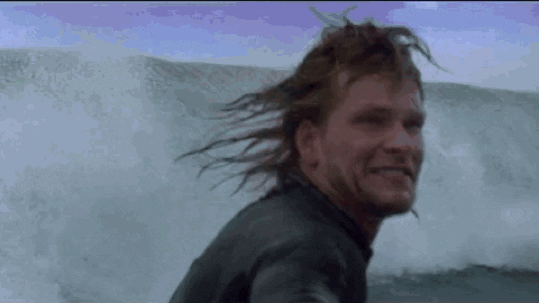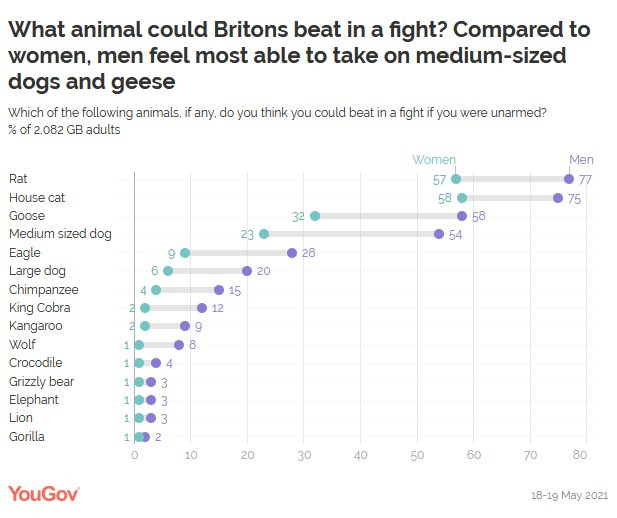Surfing and the Blue Mind
Surfing is exactly like snowboarding, except you’re being chased by an avalanche.
Happy Friday!
And welcome to edition 313, coming to you live from a farm in Wiltshire. I can hear the sounds of horses readying themselves for a bright morning at the livery stables beneath my window.
Surfing and the Blue Mind
On Monday, I pulled on a wetsuit and jumped into the ocean with a surfboard. I’ve lived in Bournemouth now for about two years so it was about time.
After watching a few pro videos to see how it’s really done, I realised, with some trepidation, that surfing is exactly like snowboarding, except you’re being chased by an avalanche.
I am, in retrospect, glad that I waited for the mushy ripples of Bournemouth for my first surfing lesson, rather than taking on the crash and boom of the Atlantic.
Now, I’ve never gone snowboarding (quite apart from the expense and the injuries, the snow just isn’t there any more).
But I have, since last year, been a skateboardist. So I at least understand the principle of balancing on a small thing with no handlebars and riding in an approximately forwardsly direction.
Naturally, this experience was next to no help at all when plopped onto an unstable surface like the ocean.
Fascinating fact: it’s the unstable surface of the water that actually keeps surfers afloat. As amazingly buoyant as modern surfboards are, they couldn’t overcome the gravitational effect caused by the hefty addition of an adult human, the weight of which threatens to sink said human into a watery grave.
But the restless movement of the ocean against the underside of the board creates many additional hydrodynamic forces that combine with buoyancy to keep the surfer from sinking. Yes, it’s basically a miracle.
My first lesson (with the awesome humans of Resurface) was spent lying flat on my face, windmilling my arms in the seat and scootching around the white water, occasionally feeling the rush of a wave beneath me, but mainly just kind of bobbing around pleasantly.
The few times that I did attempt to crawl onto my knees, the carefully callibrated balance point of the board would mysteriously vanish and I’d go for a quick swim. Hence the wetsuit.
But for the most part, I lay atop the board, surprised by my buoyancy, enchanted by my ripple-eye view of the world. I’m not sure if that’s surfing, but I want more of it.
Blue Mind
I recently finished reading Blue Mind by marine biologist Wallace J Nichols.
I thought I was buying a popular science book on the cognitive and social benefits of being in or near the water, but what I actually got was a surprisingly disassociated collection of anecdotes, lightly supported by scientific footnotes.
In some ways, the book was a little like my experience of surfing: never quite knowing what would happen next or even from what direction ‘next’ would come, but more or less buoyed through the experience with only the occasional, perhaps refreshing, dunk.
Rather than having an array of science-y data at my fingertips, I’m left instead with a generalised sense that the ocean (river, lake, stream or shower) can be a force for good in our lives.
‘Blue mind’ is Nichols’ term for ‘a mildly meditative state characterised by calm, peacefulness, unity, and a sense of general happiness’, by no means exclusive to the ocean, but promoted by safe experiences with water.
Many of the studies that Nichols cites have nothing to do with any kind of liquid, which makes his thesis based on limited but favourable scientific evidence and then buttressed by not-implausible extrapolation.
In ‘The Men Who Stare At Trees’ I explored the health benefits of being in nature and it’s true that some studies have found an enhanced positive effect when water features are involved.
In 2010, Matthew White and a team from the University of Plymouth found that something as simple as adding a water feature to entirely urban environments could make street scenes as restorative as images of wholly natural environments that don’t include water.
Matthew White was also one of the researchers involved in a 2019 study that found better general and mental health among people who lived less than 5km from the ocean, an effect particularly strong for the lowest-earning households.
This is why Nichols positions the oceanic ‘blue mind’ as an antidote to both the hyper-stressed state of what he calls ‘red mind’ and the apathetic, depressed state of ‘grey mind’.
It’s also why I found myself flat out on a surfboard, staring into the setting sun, mesmerised by the light and sound of the lapping ocean, nudging me gently to shore, in blue mind.
ee cummings said it best:
maggie discovered a shell that sang
so sweetly she couldn't remember her troubles,… and
may came home with a smooth round stone
as small as a world and as large as alone.For whatever we lose(like a you or a me)
it’s always ourselves we find in the sea
~
Thanks to everyone at Resurface Bournemouth and to AT for getting me into the water. Six lessons, including wetsuit and board hire, cost me the unfathomably low sum of £95. The next session is Monday — can’t wait.
MEN
Please sign up to this newsletter. Thank you.
There’s another Thighs ride in London tomorrow (Saturday). We’re riding out from Richmond Park at 9am, on a beeline for the infamous Box Hill in Surrey. Let me know if you fancy joining us!
Otherwise, please enjoy your first summertime barbecue on Sunday, and I’ll see you right here next week.
Big love,
dc:
Writer, Outdoor Instructor and Cyclist-At-Large with Thighs of Steel





